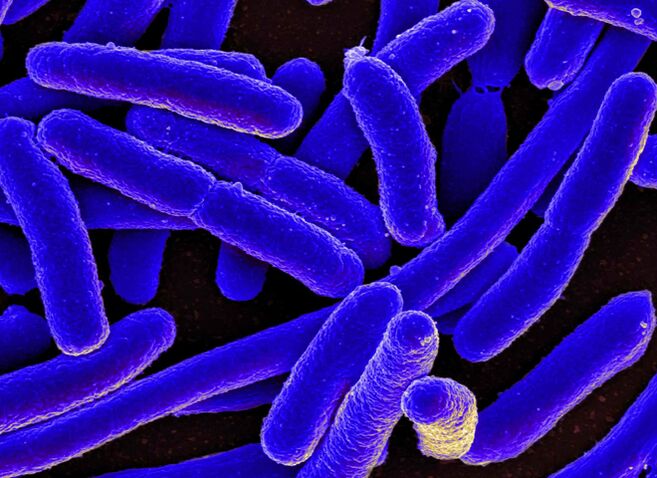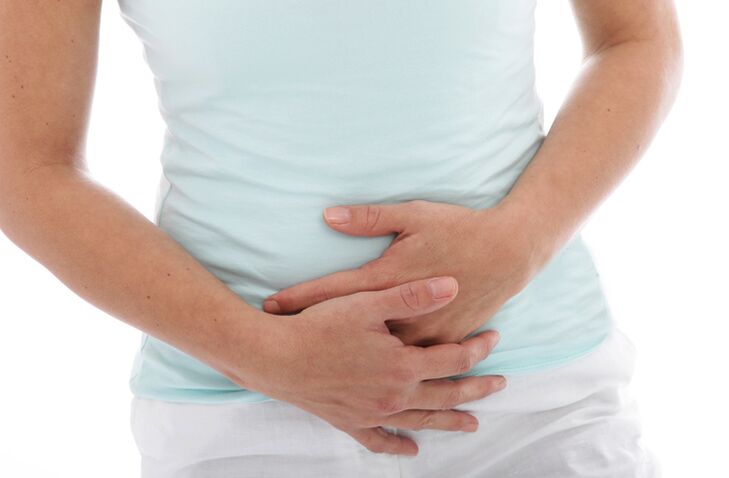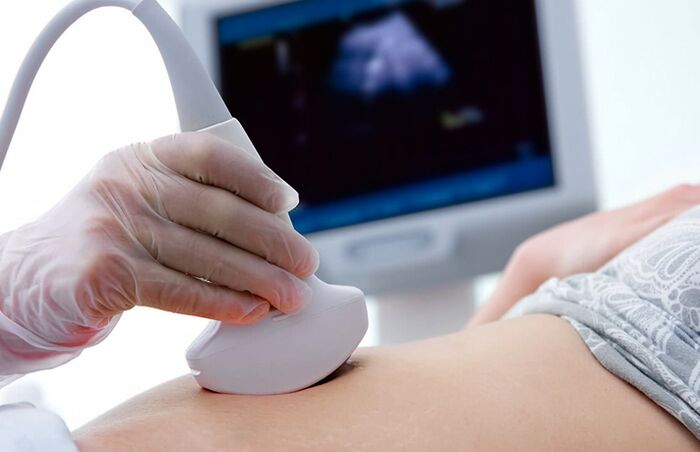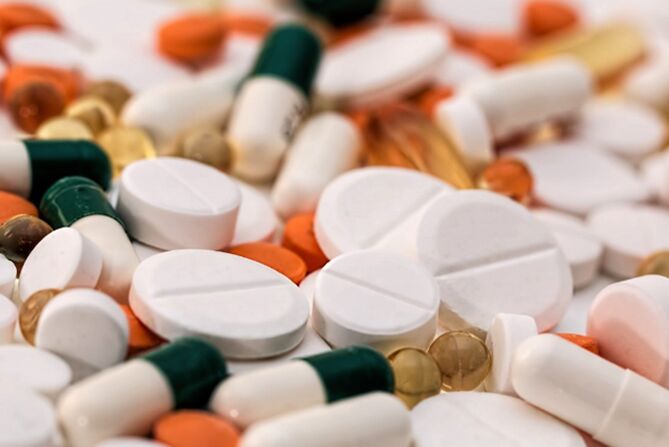Many women suffer when the first symptoms of cystitis appear; they begin to self-medicate, consult pharmacists at the pharmacy, and purchase their preferred medications. They cannot even imagine the consequences of such treatment without finding out the cause, type and form of the disease. To prevent complications of the disease, it is necessary to carry out proper diagnosis.
Cystitis is an inflammation of the urinary tract and bladder lining. This disease mainly affects women. The reason is that the urethral structure in women is shorter and wider than in men, so infection or invasion of harmful microorganisms occurs more often.
Cystitis according to ICD-10
According to the international classification of diseases, this type of inflammation belongsclass XIV, its code№30, 0.
According to the international classification of diseases, there are several forms of cystitis:
- Acute cystitis code number 30. 0.
- Chronic (interstitial) code 30. 1.
- Chronic cystitis code (other) number 30. 2.
- Trigonometric code number 30. 3.
- Radiation type of inflammatory process code 30. 4.
- Other forms of cystitis 30. 5.
- Unspecified cystitis number 30. 6.
Each form of the inflammatory process requires individual treatment. Therefore, the disease must be diagnosed at a medical facility and medication must be taken as prescribed by the doctor.
Causes of cystitis in women
People get this disease30% of women are under 45 years old. The main reason for the occurrence of the inflammatory process is the special anatomical structure, in which there is contact between the flora of the reproductive and urinary systems of a woman. Other reasons include:
- Improper genital hygiene.
- Passive lifestyle (sedentary).
- Emphasize.
- Unbalanced diet.
- Eat spicy and fatty foods.
- Presence of chronic gynecological and venereal diseases.
- Unprotected sex.
- Prolonged hypothermia.
- Bladder injury.
- Changes in hormone levels.
- Reduced immunity.
- Synthetic underwear.
The most common cause of cystitis is an intestinal infection.
Which bacteria cause inflammation?
Cystitis occurs due to infection with various pathogenic bacteria:
- Candida fungus.
- Escherichia coli.
- Pseudomonas aeruginosa.
- Coccus.
- Ureaplasma.
- Mycoplasmas.
- Trichomoniasis.
- Chlamydia.
- Enterobacter.
- Treponema pallidum.
- Staphylococcus.
- Streptococcus.
- Enterococcus.
- Meningitis.
- Coliform bacteria.
- Proteus.
- Salmonella.
- Viruses.
- Listeria.
- Klebsiella.
The most common opportunistic bacterium that causes acute inflammation is Escherichia coli.

The first signs of the disease in women
Within 24 hours, the first signs of illness appear after infection with pathogenic bacteria or hypothermia. These signs include:
- Weak.
- Mild fever.
- Frequent urination in small amounts.
- Genital itching.
- Drawing pain in the lower abdomen at night.
- Painful urination.
- The appearance of discharge from the genitals.
Cloudy urine has sediment in the form of scales, mixed with blood or pus.

Symptoms of cystitis in women
The main symptoms of the inflammatory process in women:
- Urine is released frequently and in small quantities.
- Burning feeling when urinating.
- At night, frequent urination.
- Cloudy urine mixed with mucus, blood and pus.
- Feeling of heaviness in the lower abdomen.
- Urine has a pungent, unpleasant odor.
- Persistent pain appears in the lower abdomen, kidneys and spine.
- Low body temperature.
If one or more symptoms are detected, it is necessary to proceed with diagnosis to avoid complications or the development of urinary stones.

Urinary incontinence due to cystitis in women
Urinary incontinence in women with the disease is a signneglect illness. The main cause is self-medication or not wanting to go to a medical facility.
Urinary incontinence occurs due to developmentPost-infectious inflammatory process in the bladder. The nerve endings on the bladder wall are stimulated, causing the feeling of frequent urination. If treatment is not done properly or treatment is ignored, the urge will become strong and no longer controllable.
Do your kidneys hurt due to cystitis?
The kidneys are part of the urinary system and produce urea, which forms urine. Urine exits through the ureters, accumulates in the bladder and then flows out. If the inflammatory process in the bladder becomes advanced, the infection rises through the ureters to the kidneys, which is why kidney pain occurs with cystitis.
If the pain in the kidneys begins to worsen after cystitis, this means that the patient is suffering from a disease - pyelonephritis. Therefore, if kidney pain occurs, you should see a doctor immediately for testing and diagnosis.
Types and forms of cystitis in women
Modern medicine classifies cystitis depending on the nature of the disease, the cause of its appearance, morphology, stage of development and spread of the inflammatory process. Cystitis can occur in the following forms:
- Spicy- Inflammation of the bladder mucosa due to various infections.
- Chronic– differs from acute cystitis in that symptoms appear cyclically.
- interleaved- characterized by the formation of malignant tumors on the bladder wall. This is a dangerous disease that requires surgical intervention.
- Honeymoon cystitis- This is a special form, typical for girls who are just starting to have sex. During the sterilization process, foreign bacteria enter the vaginal cavity causing an inflammatory process.
Most experts identify the following types of cystitis:
- InfectiousCystitis occurs when harmful bacteria and microorganisms enter the bladder.
- injurya disease that occurs due to trauma and bruising in the urethra.
- ChemistryCystitis occurs when treatment is improper or when the body is exposed to toxic substances.
- hemorrhageThis species occurs due to viral diseases.
- increased calciumThis type occurs in women with reduced kidney function.
- parasiticThis species occurs due to the penetration of parasites (worms) from the anus into the urethra.
- sexCystitis occurs in women who frequently change sexual partners.
- RayCystitis occurs during procedures that expose the body to radiation.
- allergyThis type occurs when allergens enter the body and can cause an inflammatory process.
- CervicalCystitis is an inflammation of the bladder neck.
- MushroomThis species develops if there is Candida fungus in the body.
- HormonalCystitis in women occurs when estrogen levels in the body increase, reducing immunity and creating conditions for infection to invade.
Recurrent cystitis
Recurrent cystitis is a type of acute inflammation of the genital organs that occursmore than 3 times in six months. Causes of this type of recurrence:
- Chronic non-compliance with personal hygiene rules.
- Genetic predisposition.
- Anatomical abnormalities, such as astigmatism.
- Narrowing of the urethra.
- Stone or sand in the bladder.
- Frequently change sexual partners.
- Gynecological diseases.
- Persistent hypothermia.
For the recurrent type, treatment is the same as for acute cystitis.
Diagnose
The doctor conducts an initial examination of the patient, collects medical history and writes a referral for testing:
- General blood analysis.
- General urine analysis.
- Urine bacterial culture.
- Vaginal bacterial smear.
- Supersonic.
- Cystography.

Based on the test results, the doctor makes a diagnosis and prescribes appropriate treatment.
How long does it take to treat cystitis in women?
The doctor prescribes a course of treatmentat least 10-14 days. The duration of treatment will depend on the form and type of cystitis, as well as the possibility of recurrence. The inflammatory process is treated with medication in several stages. Self-medication can lead to the development of complications, and treatment will take a long time.
Methods and drugs to treat cystitis in women
If cystitis occurs, first of all you need to see a doctor and have tests done to find out the cause of the disease.
To treat diseases of the genital organs, antibiotics, herbal medicines, warm baths, and folk remedies are prescribed. Treatment methods and drug dosage are determined by the doctor.
During drug treatment, complex treatment is carried out with antibiotics, antispasmodics, probiotics, herbal medicines, and in case of severe pain, painkillers are prescribed.
During antibiotic treatment, the intestinal microflora is affected, so doctors prescribe probiotics.

For severe spasms, antispasmodic drugs are prescribed.
Herbal medicines are prescribed by doctors to reduce the inflammatory process in the urinary system. These are preparations based on herbs and plant flowers that are effective in fighting inflammatory processes. Including:
- Strawberry leaves.
- Bearberry.
- The product is based on cranberries and medicinal herbs.
Therapeutic baths will help reduce spasms and have an antibacterial effect. Herbal decoctions, infusions and oils are added to such baths:
- Chrysanthemum.
- Herbal collection for the urinary system.
- Calendar.
- A series.
- John's wort.
- Eucalyptus Oil.
- Lemon oil.
- Sage oil.
- Lavender oil.
For quick and effective treatment, complex therapy is performed.
Can cystitis be cured without antibiotics?
Non-antibiotic treatment is indicated only in cases of acute illness; to treat,antispasmodic and antibacterial drugs. In most cases, the acute form becomes chronic, in which antibiotic treatment cannot be avoided.
Do they give sick leave for cystitis?
Cystitis is a disease in which the inflammatory process develops rapidly. In the acute form of the disease, the body temperature often increases, which indicates the need for bed rest, which means you need to issue a sick leave.
If you have a chronic illness, you cannot take sick leave because the illness has no obvious symptoms. It should be remembered that for treatment it is necessary to undergo tests and undergo diagnostic procedures, which will also take time.
Consequences and complications
This disease in acute and chronic forms can be treated quickly and effectively, but if treated independently and incorrectly, the inflammation will take on another form, giving rise to complications that develop into diseases. other. Such consequences and complications include:
- Cystitis turns interstitial, hemorrhagic, and necrotic.
- Pyelonephritis.
- Purulent cystitis.
- Cystitis.
- Trigonite.
The risk of complications is new diseases arising in the body.
Prevent
To prevent the disease, it is important to adhere to the following rules and recommendations:
- Maintain drinking regimen.
- Comply with personal hygiene rules.
- Maintain a rest and sleep schedule.
- Dress for the weather.
- Eat healthy, balanced foods.
- To refuse bad habits.
- Drink a decoction of diuretic herbs.
- Exercise.
- Take vitamins.
It is important to take care of your health, see a doctor, diagnose the disease promptly and take preventive measures.




























